Artificial intelligence is changing nearly every corner of healthcare, and sleep medicine is no exception. New AI-powered scoring platforms promise faster turnaround, lower costs, and reduced workload for busy clinics. But with all the buzz, it’s worth asking: can AI truly match — or even outperform — skilled human technologists when it comes to interpreting sleep studies?
Where AI Excels
AI software can analyze huge volumes of signals in seconds. It can detect apnea events, score sleep stages, and even flag periodic limb movements. This makes AI an incredible tool for high-volume labs that need to screen large amounts of data. Plus, algorithms never get tired, distracted, or burned out — they apply the same programmed rules to every study.
In settings where consistency and speed are critical, AI can help maintain a uniform scoring baseline. It’s also a powerful resource for identifying clear, easily classifiable events.
Where AI Still Falls Short
However, AI isn’t perfect. Subtle features in a sleep study — like borderline hypopneas, artifacts, or complex cardiac patterns — often require human judgment to interpret correctly. Experienced RPSGTs know how to handle borderline events, unusual presentations, and multi-layered patient histories that AI simply can’t “understand” the way a person can.
Real-life studies have shown that pure AI scoring can sometimes under- or over-score events, especially in complex patients with multiple comorbidities. This could lead to missed diagnoses or inappropriate therapy if no human reviews the data.
The Hybrid Approach: Best of Both Worlds
That’s why many clinics and scoring services are embracing a hybrid model: letting AI do the initial pass, then bringing in human technologists for a thorough review and corrections. This combination captures the speed of automation while preserving the clinical nuance that only humans can bring.
At Alpha Scoring, for example, we believe human oversight will always be critical in scoring. Sleep is complex, and no algorithm yet can replicate a trained technologist’s eye for borderline events and subtle patterns that could change a patient’s diagnosis.
What It Means for Clinics
If you’re thinking about adopting AI scoring tools, don’t see them as a total replacement for your team — see them as an assistive tool. AI can help with screening, routine cases, or data visualization, while your trained staff provide the expertise that makes results trustworthy.
In the end, patients deserve accurate, individualized sleep studies, and the future of scoring will likely blend the best parts of both worlds: smart algorithms plus smart humans.

.png)


